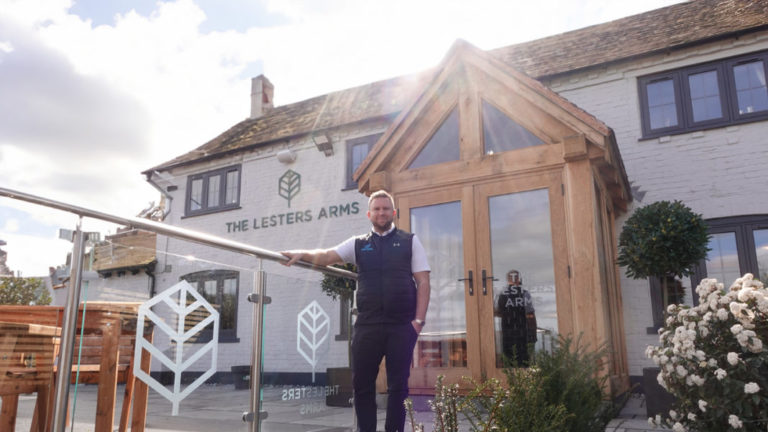Brewing equipment specialist, Collective Motion Brewing, has worked in conjunction with a microbiological laboratory on a series of tests which prove that cold rinsing techniques can be used to dramatically reduce energy costs without compromising quality or cleanliness.
The scientific trials carried out at Tractor Shed Brewing were designed to determine whether decreasing the rinse temperature applied to kegging equipment would increase risk of microorganisms and product contamination. The results reported showed there was no significant difference between a hot rinse and cold rinse when followed by the steam sterilisation cycle.
Six kegs were tested to achieve a statistically significant conclusion. Collective Motion Brewing applied a detergent temperature of 70 degrees C (just above pasteurisation temperature) and cooled the kegs prior to testing to enable the heat and time to have maximum pasteurisation effect. Sterile saline was poured into each keg to completely line the inside walls. Three 10ml samples were then drawn from each keg and applied to a membrane filter in petri dishes containing Wallerstein Nutrient Agar, Yeast Mould Agar and Raka Ray agar to detect microorganisms including bacteria, yeast and mould. The results across each sample showed zero to minimal traces of wild yeast, moulds and catalase positive bacteria to levels commonly found in kegs subjected to a hot rinse.
Dominic Smith, Director at Collective Motion Brewing, said:
“We were approached by Tractor Shed Brewing to try to reduce energy usage on their kegging equipment. Their original set-up was using copious amounts of electricity to heat the hot water tank, so we decided to look at the possibility of decreasing the rinse temperature and test whether it had a negative impact on the quality of the product or the level of cleanliness of the containers.
“Analysing the process was an eye opener – before this study, I had only a partial set of information to navigate the delicate balance between the economy and biological safety, but the data has given us confidence in the viability of cold rinsing as an energy-saving method. I am extremely happy with the result and over the moon that it has achieved the client’s objectives without putting the product at risk.”
Tomasz Lenartowicz, Director at Collective Motion Brewing, said:
“The exercise provided some valuable insight into the combination of factors that determine levels of cleanliness – time, temperature, the turbulence and velocity of fluids and the chemical strength and composition of fluids. The tests showed that a reduction in temperature can be compensated by the other factors.
“Kegs can experience the deposition of a tenacious scale called calcium oxalate which shelters microorganisms. We can prevent a build-up of this scale by using a caustic or neutral product containing EDTA, a chelating agent which breaks the bond between the calcium and the oxalate. The EDTA component is used up in relation to the amount of scale it has reacted with, so eventually may disappear. Sodium hydroxide, also known as caustic soda, will also pick up CO2 from the interior of the keg and become sodium carbonate. This has only one quarter of the efficacy of sodium hydroxide, so it is important to test the detergent for these compounds.”
Tractor Shed Brewing has now fully adopted the cold rinse cleaning system – significantly reducing energy usage without impacting the consistency of the cleanliness – and plans to use the method for other areas of the business. It has reduced the cost of wash per container, freeing up budget to invest in further kegging plant improvements including automatic dosing of the detergent. Tractor Shed Brewing is also looking at commissioning further trials in conjunction with Collective Motion Brewing, investigating whether the chemical sterilisation of the container can further reduce the cost per clean.






